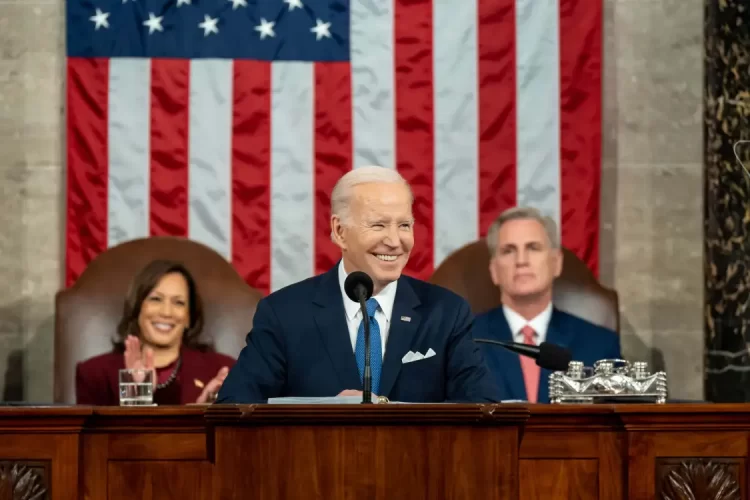Medicare caps insulin costs at $35 a month. Can Biden get that price for all Americans?
Introduction
Insulin is a crucial medication for millions of people with Type 1 and Type 2 diabetes. The price of the life-saving medication nearly tripled from 2002 to 2013 and costs 10 times more in the United States than it does anywhere else in the world, according to the American Diabetes Association.. U.S. President Joe Biden is pushing for a monthly cost cap on insulin to be extended to all Americans, as outlined in his State of the Union address.
Why are Americans Struggling to Afford Insulin?
The price of insulin has nearly tripled from 2002 to 2013, making it increasingly unaffordable for many Americans. A 2022 study found 11% of Medicare-age adults 65 and older rationed insulin compared to more than 20% of younger adults.
How has Congress Addressed Insulin Costs?
Last year, the Inflation Reduction Act was passed, capping insulin costs at $35 per month for Medicare recipients. However, this cap does not extend to people covered by private insurance plans after Republicans stripped the provision from the final bill. White House officials have yet to provide details on how Biden’s proposed insulin cap would affect the uninsured, veterans, or those covered by military health insurance.

Patient Advocacy Groups Push for Affordable Insulin
Patient advocacy groups, such as the American Diabetes Association, are pushing for more affordable insulin prices. Chuck Henderson, CEO of the American Diabetes Association, stated that insulin costs are unaffordable for too many of the over 8 million U.S. residents who rely on the medication to survive.
Who Invented Insulin?
President Biden also mentioned how insulin’s inventor, Canadian scientist Frederick Banting, did not patent the drug so that it would be accessible to everyone. Banting discovered insulin in 1921, and the first diabetic patient was treated with insulin in 1922. The patent was sold to the University of Toronto for 3 Canadian dollars and administered by the university, with royalty payments received from drug companies that sold human insulin.
Southern States Resist Medicaid Expansion
The Affordable Care Act, which was passed in 2010 with Biden serving as Vice President, covers the majority of costs for states that opt for expanding Medicaid eligibility. In November of last year, the South Dakota voters voted in favor of expanding Medicaid through a constitutional amendment.
However, there are still 11 states that have not embraced the expansion of Medicaid, including Alabama, Florida, Georgia, Kansas, Mississippi, North Carolina, South Carolina, Tennessee, Texas, Wisconsin, and Wyoming.
During his speech, Biden also highlighted the provision of the Inflation Reduction Act, which negotiates some Medicare drug prices. He also celebrated the record enrollment of the Affordable Care Act this year, as well as a drop in the uninsured rate to 8%, partially due to pandemic policies. Despite these positive developments, millions of Americans may still lose their Medicaid coverage this year, as states resume Medicaid eligibility checks, which were put on hold during the COVID-19 public health crisis.
Conclusion
President Biden’s call to extend the monthly cost cap on insulin to all Americans is a step in the right direction for people with diabetes who struggle to afford the life-saving medication. Patient advocacy groups vow to continue the fight for affordable insulin prices, and the Biden administration is expected to provide further details on how the cap will extend to the uninsured, veterans, and those covered by military health insurance.
(India CSR)







